They'll see how beautiful I am And be ashamed - I, too, am America
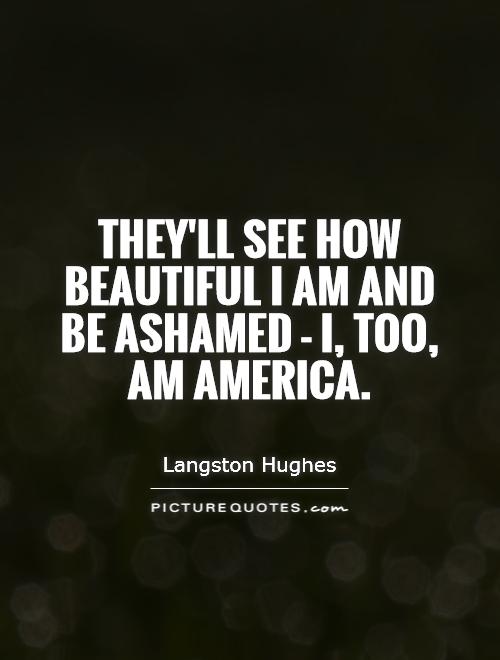
They'll see how beautiful I am And be ashamed - I, too, am America
Langston Hughes, a prominent figure in the Harlem Renaissance, was known for his powerful and thought-provoking poetry that addressed issues of race, identity, and social injustice. One of his most famous poems, "I, Too," captures the struggle of African Americans in a society that often marginalized and oppressed them.The line "They'll see how beautiful I am And be ashamed - I, too, am America" is a powerful declaration of self-worth and resilience in the face of adversity. In this line, Hughes asserts his own beauty and humanity, despite the racism and discrimination he faced as a black man in America. By claiming his place as a part of America, he challenges the dominant narrative that sought to exclude and dehumanize African Americans.
Hughes uses the imagery of beauty to convey a sense of pride and dignity in the face of oppression. By asserting his own beauty, he challenges the stereotypes and prejudices that sought to diminish his worth as a human being. In doing so, he forces the reader to confront their own biases and prejudices, and to recognize the humanity and beauty of all people, regardless of race or background.
The line "I, too, am America" is a powerful assertion of belonging and ownership. Hughes refuses to be marginalized or excluded from the American identity, and instead claims his rightful place as a part of the nation. By asserting his own Americanness, he challenges the notion that only certain people are truly American, and calls for a more inclusive and equitable society.
Overall, "I, Too" is a powerful and poignant poem that continues to resonate today. Through his words, Langston Hughes challenges us to confront our own biases and prejudices, and to recognize the beauty and humanity of all people. He reminds us that we are all part of America, and that we must strive to create a more just and equitable society for all.
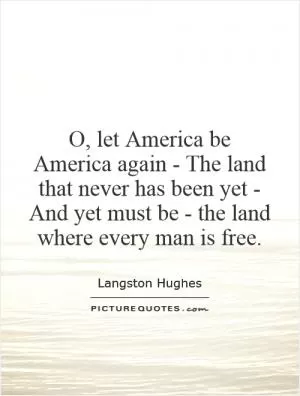
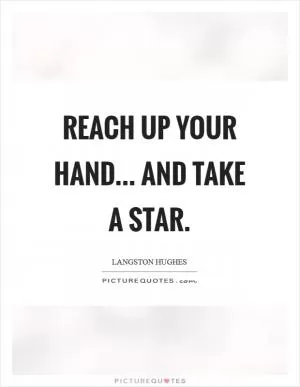
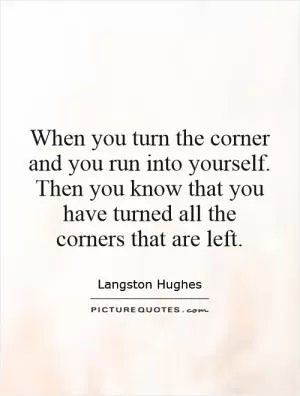
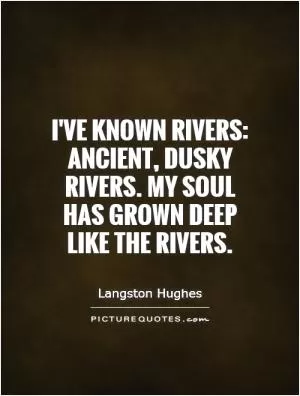
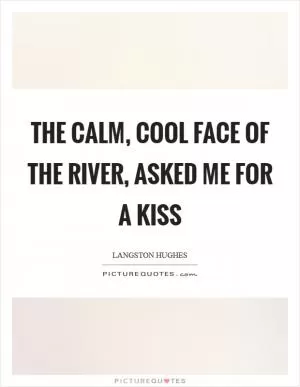

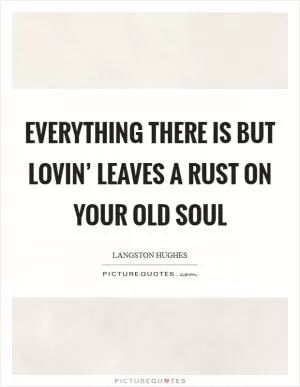
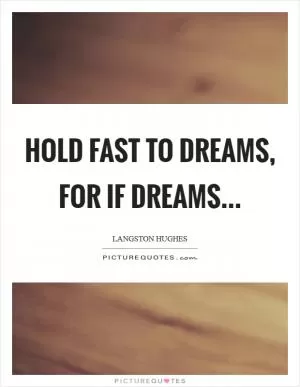

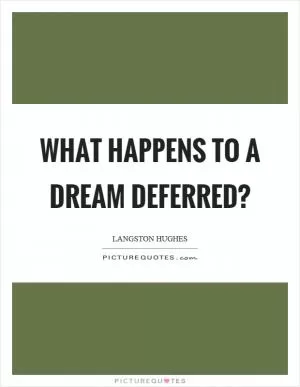
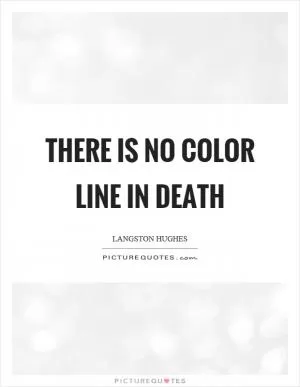
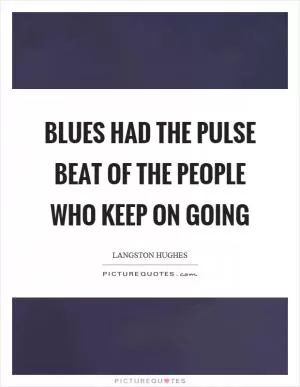
 Friendship Quotes
Friendship Quotes Love Quotes
Love Quotes Life Quotes
Life Quotes Funny Quotes
Funny Quotes Motivational Quotes
Motivational Quotes Inspirational Quotes
Inspirational Quotes